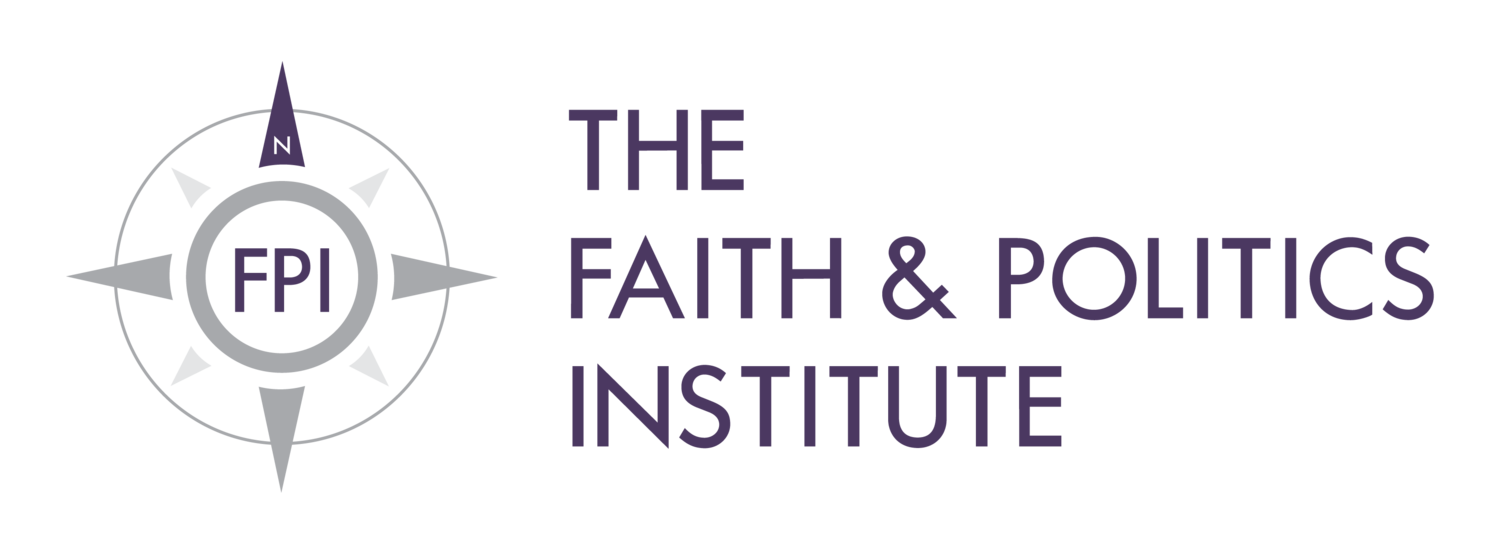An Oral History Project Conducted by John Robert Lewis Fellow Dr. N’dea Moore-Petinak
Project Description
The motivation for selecting the area of children’s health for the subject of my oral history project for the John Lewis Scholars and Fellows Program came out of my dissertation, which focused on CHIP. CHIP provides health insurance to low-income children through three state-run options: Medicaid, Separate, or Combination. All three options are funded through block grants to the states and require reauthorization and funding extensions by Congress on an intermittent basis.
One of the most surprising findings during my dissertation research paper interviews was that many state legislators were unaware or severely underinformed about CHIP as a whole, despite having the legislative authority to improve it year after year. While states like Washington often used CHIP policy flexibility to benefit most children in their states, states like Nebraska treated CHIP like other sectors of their health policy and effectively used inaction as a way to reinforce health disparities. Given my findings, I wanted to use my oral history project to speak with someone who was instrumental in the passage of CHIP back in 1997, who would be able to speak about the challenges of legislative compromise and better explain why so much policy flexibility was embedded into the legislation.
For me, health equity is one of the most important parts of building up the beloved community. Health is a human right that unites us all. It is a daily aspect of life we all live with, albeit with different levels of challenges and costs. In my oral history project, and in my career, I hope to shed light on the need for more effective health policy.
Presentation Recording

